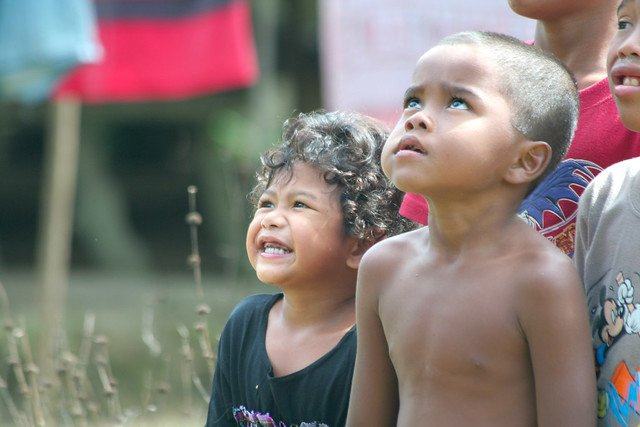Peaceful Societies
ALTERNATIVES TO VIOLENCE AND APPROACHES TO PEACEFULNESS
“Respect for the rights of others is peace”
— Benito Juarez
promoting interpersonal harmony
Peaceful societies are contemporary groups of people who effectively foster interpersonal harmony and who rarely permit violence or warfare to interfere with their lives. This website serves to introduce these societies to students, peace activists, scholars and citizens who are interested in the conditions that promote peacefulness. It includes information on the beliefs of these peoples, the ways they maintain their non-violence, and the factors that challenge their lifestyles.

NEWS

October 4, 2021
Bruce D. Bonta, 1941-2021
Noted peace scholar Bruce D. Bonta, the founder and main author of this website, died on Monday, September 27. He was 80 years old. …
May 25, 2020
Website Moves
The Peaceful Societies website has moved again. As of May 2020, it is being hosted by the Department of Peace and Conflict Studies a…
May 25, 2020
Website Moves
The Peaceful Societies website has moved again. As of May 2020, it is being hosted by the Department of Peace and Conflict Studies a…